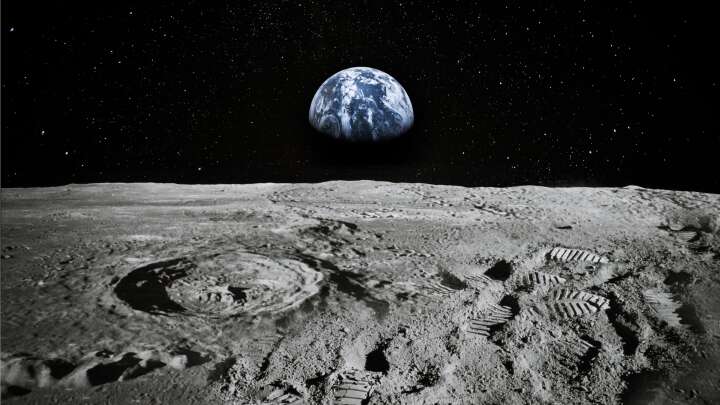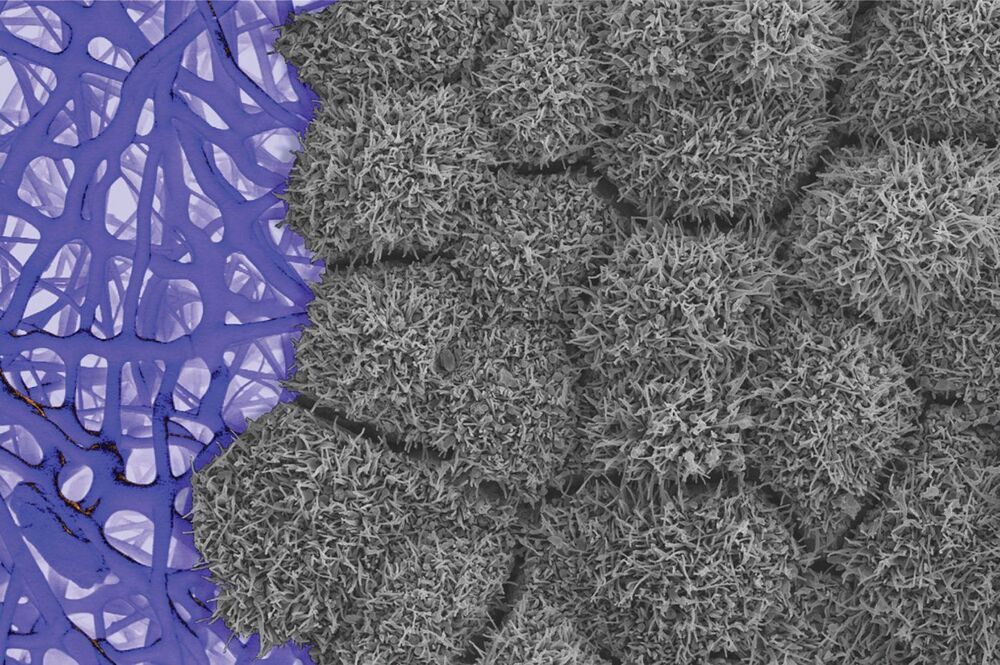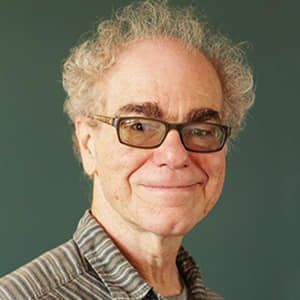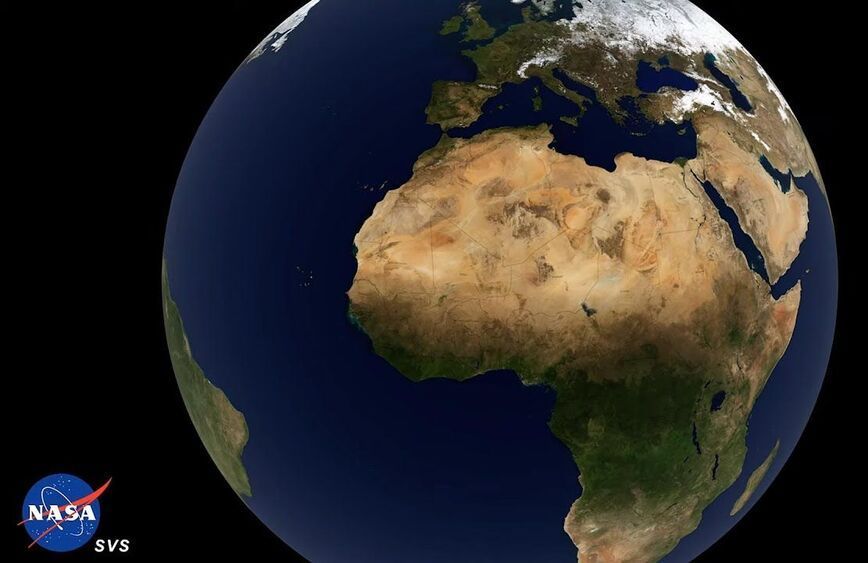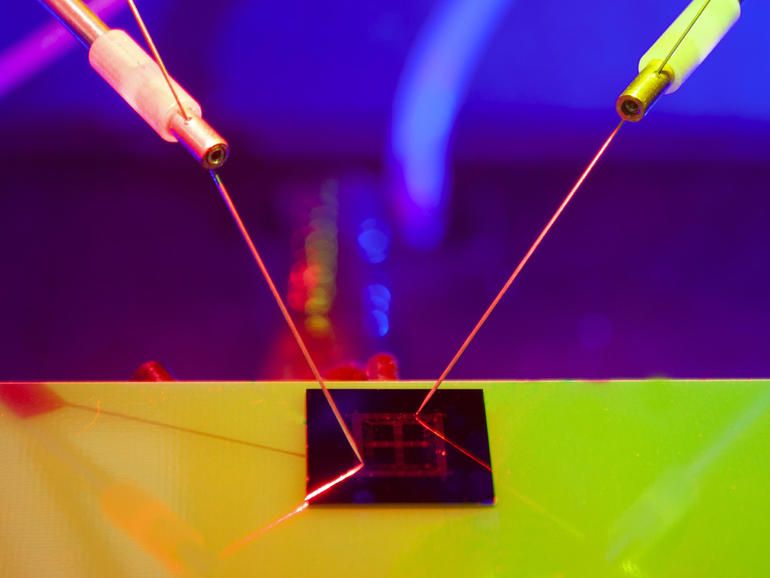Nov 23, 2020
Arthur C Clarke Remains Among Those Expected To Fly To The Moon Next Summer
Posted by Brent Ellman in categories: alien life, robotics/AI
Just amazing!
A small fraction of the cremated remains of 61 people will be flown to the Moon next July as part of the payload delivered by Astrobotic’s Peregrine Mission One lander. The payload is offered by Celestis, a company that provides memorial spaceflights. This particular one has intrigued people because among the many deceased whose ashes will be taken to the moon, there are the remains of science writer and futurist Arthur C. Clarke.
Clarke is known to most people for being the author of 2001 – A Space Odyssey, a book in which an ancient alien civilization left one of its peculiar monoliths on the Moon. In the novel, this monolith is found in Tycho crater, but that is not where the Peregrine mission is landing. More aptly, the Astrobotic mission will land in a basaltic lava plain known as Lacus Mortis: the lake of death.
Continue reading “Arthur C Clarke Remains Among Those Expected To Fly To The Moon Next Summer” »
